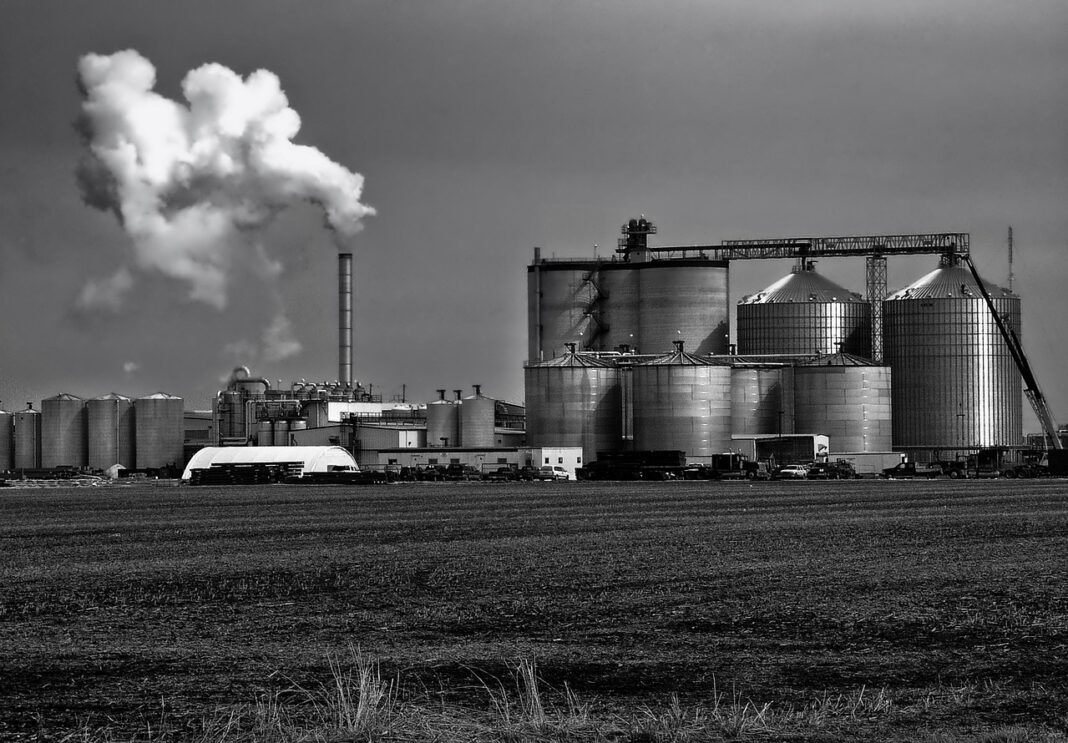A cooperative that operates four ethanol plants has made a second contribution of $400,000 to support a ballot measure regarding carbon dioxide pipelines, bringing its total investment to $800,000. Glacial Lakes Energy, which has facilities in Watertown, Mina, Aberdeen, and Huron, donated the funds to the Vote Yes for a Strong South Dakota committee advocating for Referred Law 21.
The recent $400,000 contribution was reported on Friday in a supplemental campaign finance report, following an earlier donation of the same amount. South Dakota imposes no limits on contributions to ballot question committees.
Referred Law 21 addresses the contentious plans of Iowa-based Summit Carbon Solutions to capture carbon dioxide emissions from Midwest ethanol plants, including those in eastern South Dakota, and transport the gas via pipeline to North Dakota for underground storage. The law aims to provide financial and other protections for affected landowners and counties, requiring pipeline companies to cover damages, ensuring that CO2 pipelines are buried at least four feet deep, and mandating the sharing of rupture modeling data. Additionally, counties can levy up to $1 per linear foot of pipeline for property tax relief and road repairs. Proponents have referred to the law as a “bill of rights” for landowners.
Ethanol producers consider carbon pipelines essential for their continued operation. In total, Glacial Lakes and other ethanol producers have contributed approximately $2.7 million in support of the ballot measure. Major contributors include Sioux Falls-based biofuels producer POET and Gevo, which focuses on producing ethanol-based jet fuel in Lake Preston.
In addition to its four plants, Glacial Lakes Energy holds stakes in other facilities, including a 16% interest in Minnesota-based Granite Falls Energy. South Dakota Republican Governor Kristi Noem is an investor in Granite Falls Energy, according to her financial disclosure with the South Dakota Secretary of State’s Office. Although she was previously an investor in Glacial Lakes, her spokesperson confirmed last year that she no longer holds that investment.
Governor Noem signed the bill that was later petitioned onto the ballot as Referred Law 21. Both Glacial Lakes and Granite Falls are partners in the Summit project.
Opponents of Referred Law 21 argue that it requires local governments to demonstrate the reasonableness of their pipeline restrictions, shifting the burden of proof away from pipeline companies. They view this as an infringement on local control. Concerns also exist about potential pipeline leaks and Summit’s likely use of eminent domain to access land from unwilling property owners, a topic that Referred Law 21 does not address.
Groups opposing the measure have raised about $224,000 for their campaign, primarily from individuals and farm and ranch corporations.





